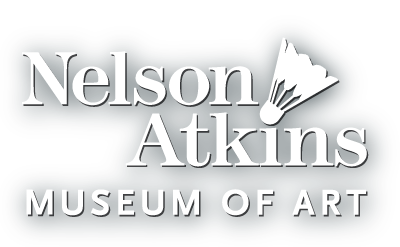The Daoist God Zhenwu
CultureChinese
Date20th century
MediumInk on paper
DimensionsImage: 76 1/2 × 42 inches (194.31 × 106.68 cm)
Mount: 87 3/8 × 44 5/8 inches (221.95 × 113.36 cm)
Mount: 87 3/8 × 44 5/8 inches (221.95 × 113.36 cm)
Credit LineBequest of Laurence Sickman
Object numberF88-45/138
On View
Not on viewCollections
DescriptionRubbing made from an 1170 (Southern Song dynasty) stone stele in Pingwu, SichuanGallery LabelZhenwu, the Perfected Warrior, demonstrates his force in a compelling martial guise and his fierce stare at the viewer. This rubbing from a Daoist monastery preserves the earliest extant, full-sized portrait of the god with a specific date. His cosmological significance is represented by the intertwined tortoise and snake, the symbols of the North quadrant, under his bare feet. His sword bearing the seven stars of the Northern Dipper represents his astral origin. Ancient Chinese believed their emperors were astrologically associated with the Northern Dipper. Therefore Zhenwu was not only the god of healing and exorcism, but also the celestial protector of emperors and the state. By the 15th century, Zhenwu had become the most important god in the Daoist pantheon.
Information about a particular artwork or image, including provenance information,
is based upon historic information and may not be currently accurate or complete.
Research on artwork and images is an ongoing process, and the information about a
particular artwork or image may not reflect the most current information available to the Museum.
If you notice a mistake or have additional information about a particular artwork or image,
please e-mail provenance@nelson-atkins.org.











